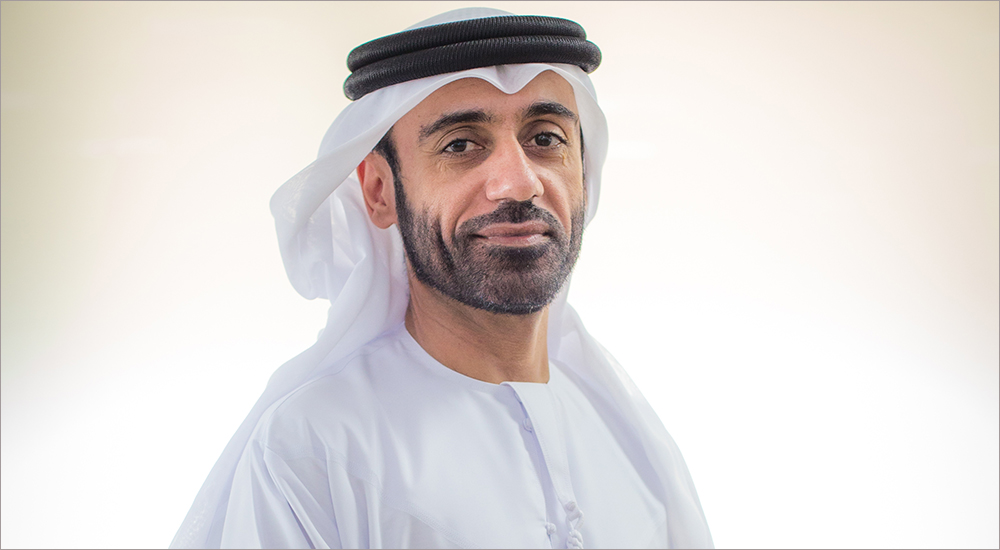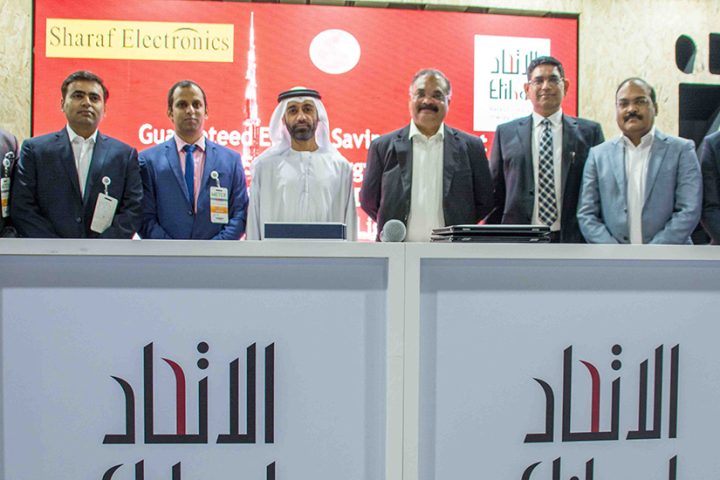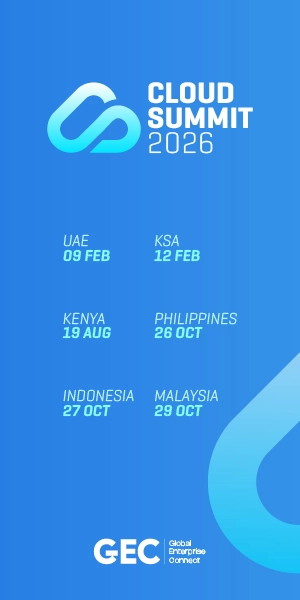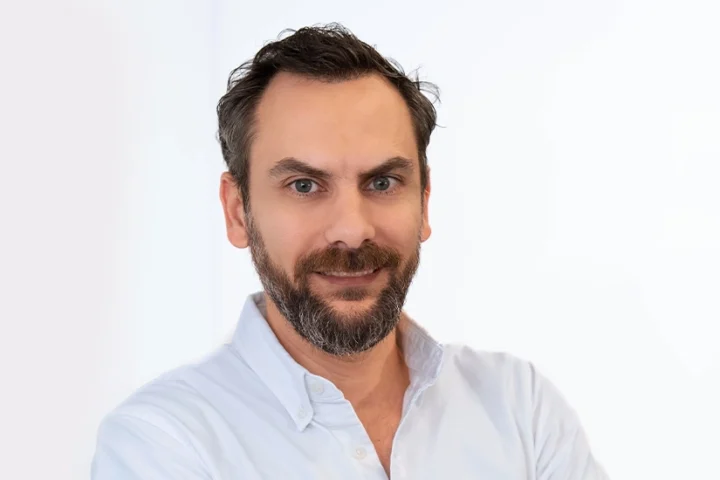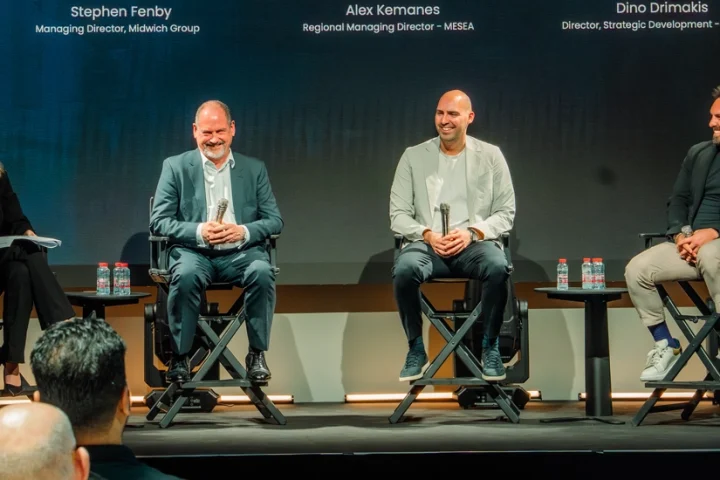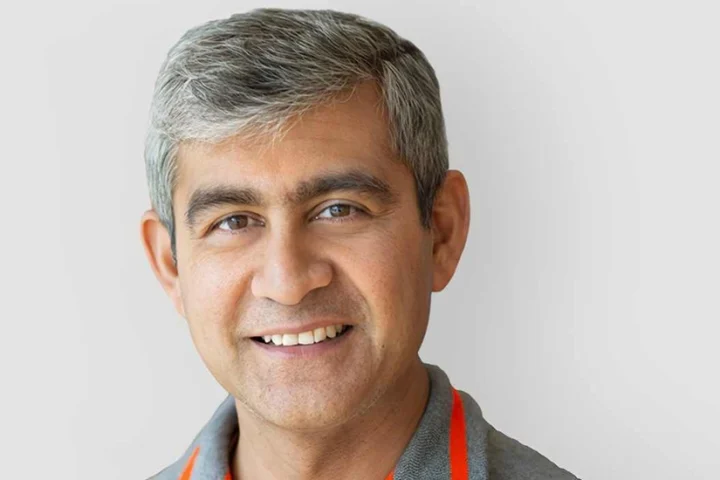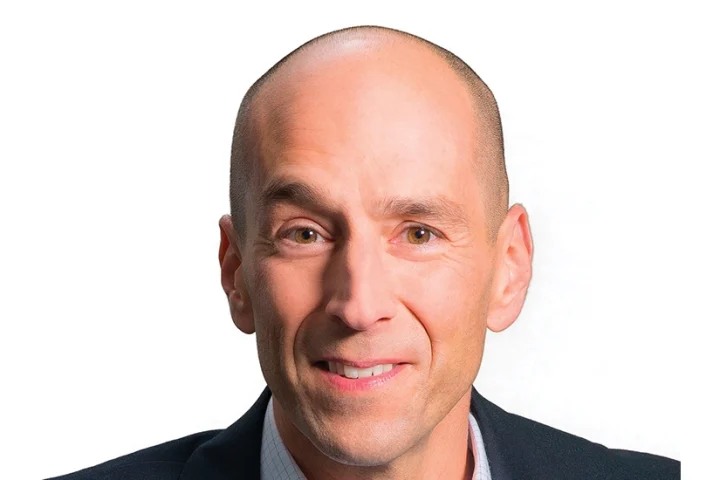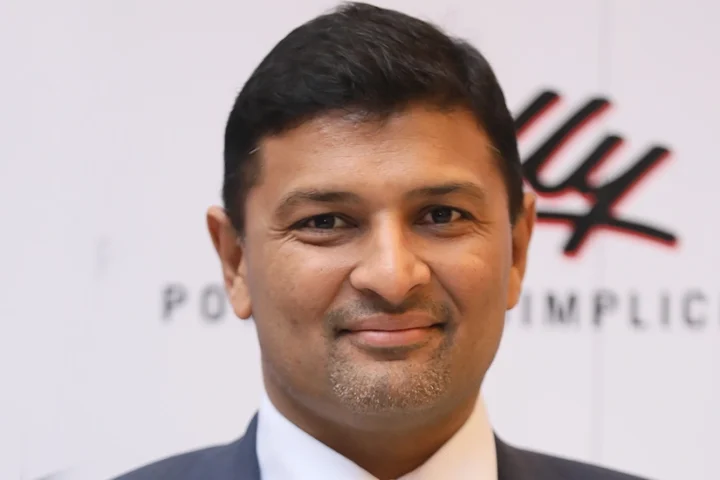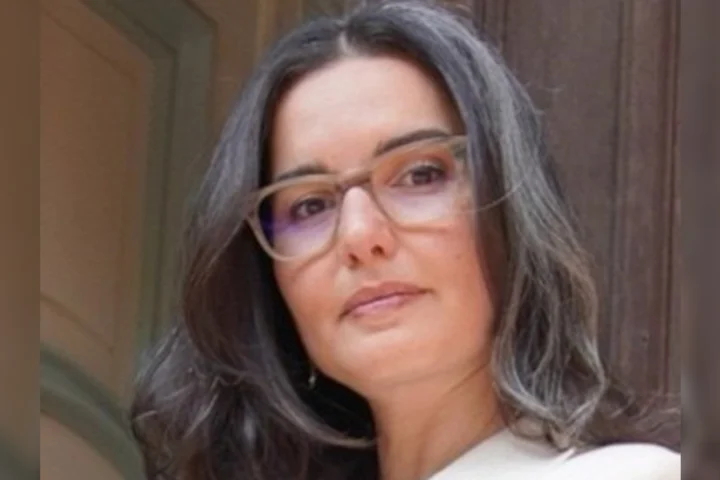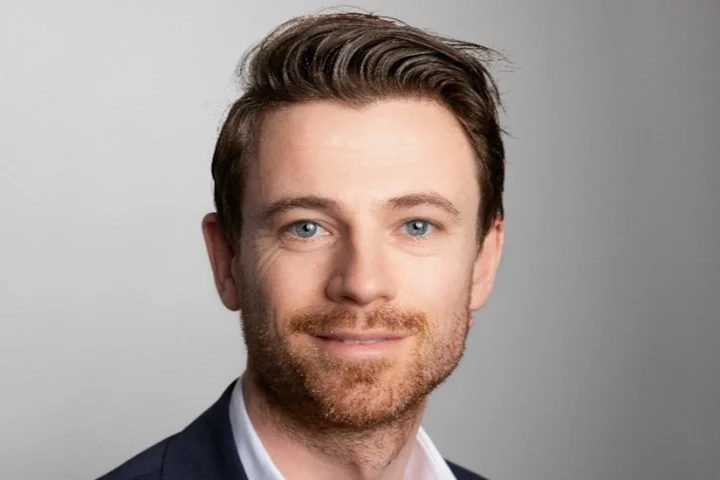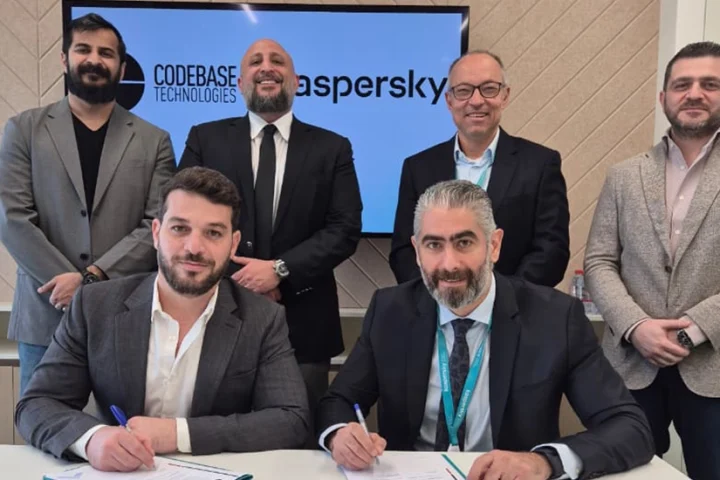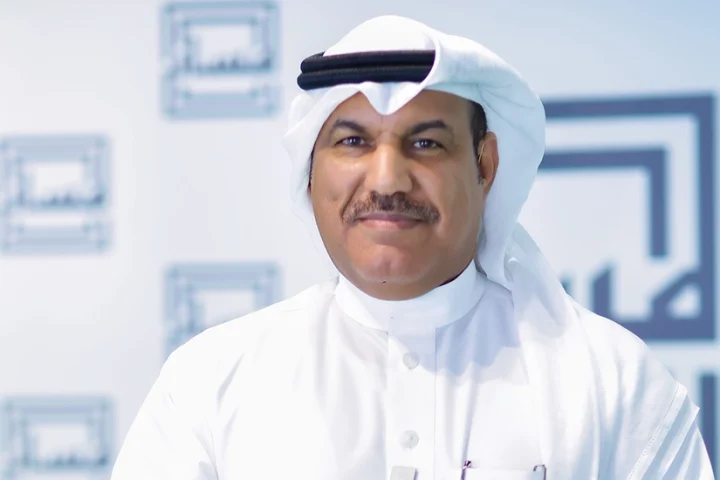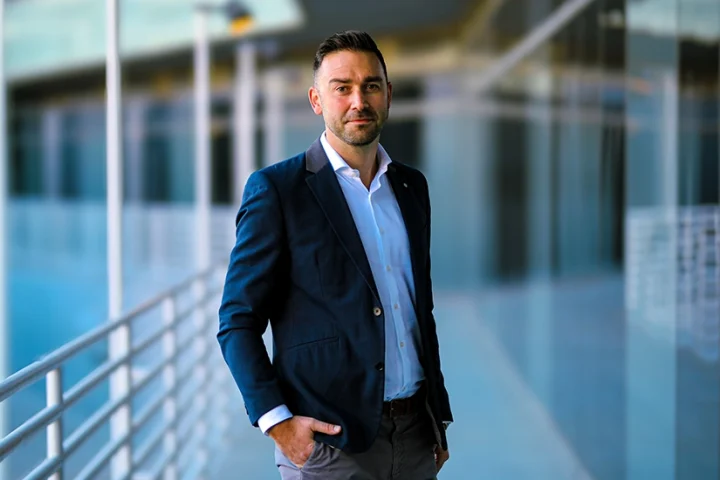Etihad Energy Services Company or Etihad ESCO was started in 2013. In 2015, Etihad ESCO started its first retrofitting project. In 2016 the first project was executed and completed. And finally, in 2017, projects started rolling. Reflects, Ali Mohd Al Jassim, Chief Executive Officer at Etihad ESCO, “The boost started at the end of 2016 and into 2017. Since then we have had, three flourishing successful years.”
Etihad ESCO first started with just three people, and then the next jump was to ten employees. The team strength expanded from ten employees to 30 employees and then from 30 employees to 50 employees. “Each one of them has a specific role in the whole process,” says Al Jassim. The Etihad ESCO team today consists of managers, energy engineers, contractual, financial, auditors, inspectors, project managers and support staff.
Today, Etihad ESCO has a proud portfolio of 18 mega retrofitting projects, of which nine have been completed and nine are still on-going. In addition, Etihad ESCO has 18 solar energy fitting projects. Al Jassim points out that such a large number of retrofitting projects is a characteristic and achievement in UAE. “Here we have thousands of buildings being retrofitted, while in the West it is limited to a few hundred at the most.”
Etihad ESCO initially targeted the government entities and drew up a list of 61 companies that are high consuming in energy and water and where there was a potential to generate a high value in terms of savings in energy costs. It was not sufficient to just have a respectable percentage of energy savings, but the value of the aggregated savings also needed to be high.
Al Jassim points out that the reason Etihad ESCO approached government organisations in the early stages was that the government has to lead by example in such sustainability initiatives. The private sector was expected to follow the lead of government organisations, once such retrofitting projects were underway.
Once the potential list of government organisations was identified, the next step was to have a detailed energy audit and get the government entities into a build, operate and transfer model for energy sustainability services.

How it works
Before submitting any proposal for retrofitting, Etihad ESCO always undertakes an on-site energy audit that confirms the potential to bring in the latest innovative energy saving technologies in the area of heating, ventilation, air conditioning or HVAC, LED lighting, and water fixtures. The on-site audit usually confirms a number of key factors.
The first is the potential to generate energy savings – typically a thumb suck figure is around 25% to 30% of the total energy cost. The second is the total value of that savings. And the third is the potential to sustain the energy saving for a prolonged period of time, between three to six years.
“When I do the detailed audit, I also come to know besides the number of years, what I will change,” says Al Jassim. “When you are retrofitting, you know, this is sustainable for so many years.”
Today, Etihad ESCO undertakes retrofitting projects across government, commercial, and residential properties. Al Jassim, points out that Etihad ESCO undertakes retrofitting of HVAC, lighting and water solutions, across government and commercial establishments. In residential areas the focus is more on bringing in solar energy and LED lighting, since the HVAC solutions in play are more modern than commercial establishments.
To achieve the benefits of energy saving across various types of projects, Etihad ESCO raises requests for quotations across 150 mechanical, electrical, and plumbing, categories, with a portfolio of 23 energy services companies or system integrators specialised in retrofitting. Each of the 23 energy services companies themselves use a myriad of vendors and suppliers with whom they work best, and quote for the cost of supplying equipment and solutions and the percentage of reduction of energy consumption.
A typical retrofitting contract, whether for government, residential, or commercial entities, guarantees a certain percentage of energy savings reflected in a reduction of utility billing. The contract also indicates the length of time that the sustainability is guaranteed through the introduction of the latest innovative energy services technologies and solutions.
Within this contracted period of time, the energy services companies contracted by Etihad ESCO, as well as Etihad ESCO itself, recover the leased value of their products and solutions and professional services through savings in the customer’s energy and utility billing.
At the end of the contracted period, Etihad ESCO and the contracted energy services companies exit from the contract. The customer is able to continue using the innovative energy services solutions that provide a saving in the energy and utility billing, and enjoy the reduction in the billing, and a revamped energy management environment.
After the exit of Etihad ESCO and the contracted energy services company, typically, a maintenance and support contract come into play assuring the customer of uptime around the energy services solution. This is different from the previous leased contract, whose purpose is to function as a build, operate and transfer model.

Guaranteeing success
What is the role of technology in such energy services solutions? “I choose the best and the latest,” says Al Jassim. The catch here is to bring together, the latest technologies and the guarantees of energy savings associated with those technologies. “If the latest technology innovation is not there you cannot get this combination,” continues Al Jassim.
How does such a complex interplay of technologies, suppliers, and end customer operations work successfully for such an extended period of time? Al Jassim nails it down to a win-win situation for everyone. The end customer benefits by extending the life cycle of the building premises through investment in sustainable and innovative technologies.
Moreover, the investment is being made through a reduction in operational expenses, over an extended period of time, being reinvested into a leased capital expenditure, rather than a direct capital purchase of an asset.
Equipment vendor and its local channel partners or suppliers benefits through sales of equipment, technology and solutions. The project contractor benefits by construction, implementation, and roll out of the solution. The facilities management partner benefits from the extended support of the solution, from the time of handover to the end of life term. And finally, Etihad ESCO benefits through end to end management of the retrofitting project. “Even the client does not have pay because they are benefiting from this savings,” emphasizes Al Jassim.
Another reason for the success of such a complex interplay of industrial operations and financial models at the end customer’s premises, is a deep knowledge of the products and solutions involved. There is a long baseline of historical information about the energy consumption performance of the various products and solutions supplied by Etihad ESCO’s portfolio of energy services partners.
Today Etihad ESCO continues to make inroads into the world of energy sustainability opportunities by leveraging its multiple strengths. These are around its deep relationships in government and commercial business sectors, the high degree of trust that it enjoys, the strength of its energy savings guarantees, its diverse portfolio of energy services partners, the global brands that it provides through its solutions, and its state-of-the-art technology solutions.
With the rapid expansion of the urban landscape across the UAE and the national emphasis on sustainability and green energy, the leadership role of Etihad ESCO is just beginning to get underway.

Key takeaways
- A reason for success is a deep knowledge of the products and solutions involved.
- The end customer benefits by extending the life cycle of the building premises through investment in sustainable technologies.
- A typical retrofitting contract, guarantees a certain percentage of energy savings reflected in a reduction of utility billing.
- The potential to generate energy savings is around 25% to 30% of the total energy cost.
- Etihad ESCO raises requests for quotations across 150 MEP categories with 23 energy services companies.
- The Etihad ESCO team consists of managers, energy engineers, contractual, financial, auditors, inspectors, project managers, support staff.
- The catch is to bring together, latest technologies and guarantees of energy savings from those technologies.
- There is a baseline of historical information about energy consumption solutions supplied by energy services partners.


